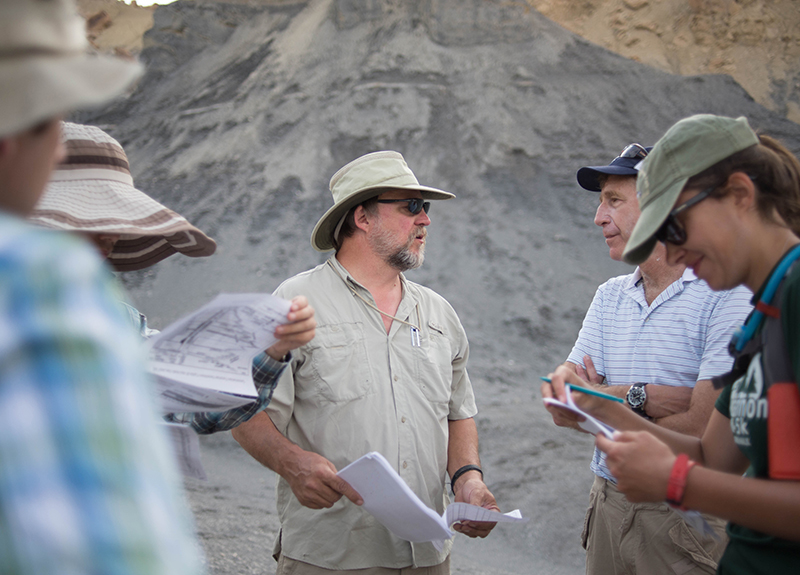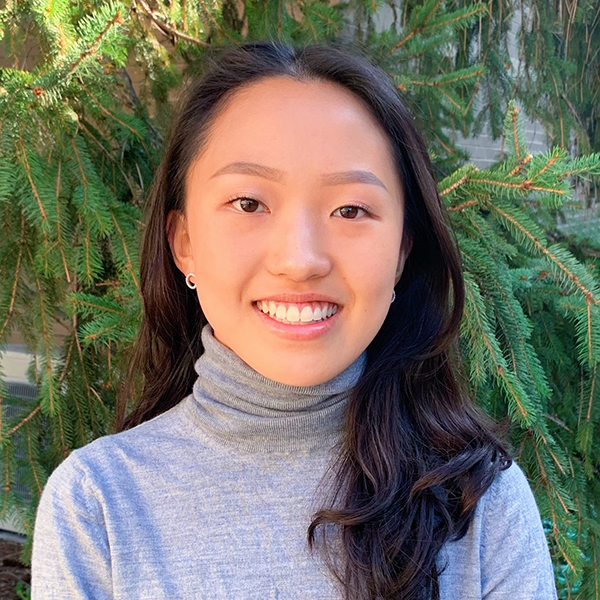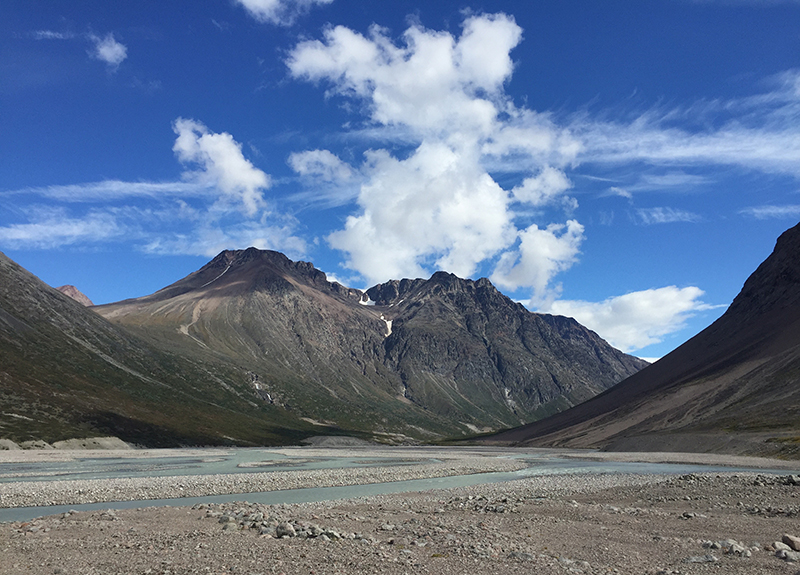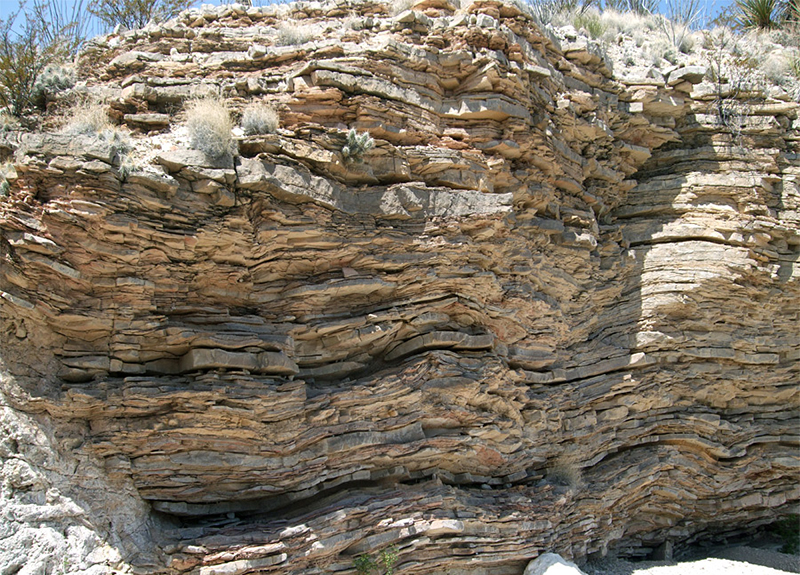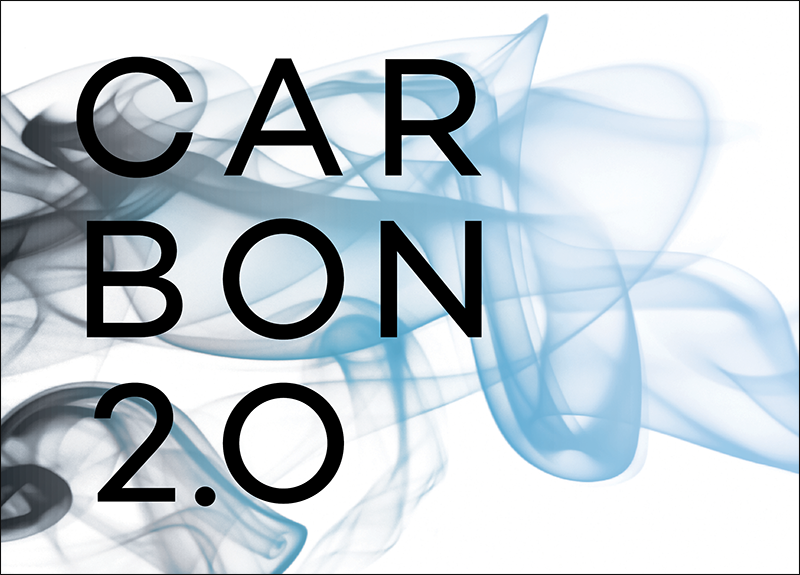During his nearly 30 years at Northwestern, Brad Sageman has championed sustainability and exemplified his leadership through extensive research and on-campus influence as an academic mentor.
Sageman has been a co-director of the Institute for Sustainability and Energy at Northwestern (ISEN) since close to its inception in 2008. Currently, he is also the Academic Director for Northwestern’s Master of Science in Energy and Sustainability (MSES). Previously, Sageman served as the Department Chair of Earth and Planetary Sciences at Northwestern for 12 years as well. As a professor, he teaches multiple courses in Earth Science and contributes to courses within the ISEN undergraduate certificate program.
Sageman’s teaching contributions in the field of sustainability focus on the scientific evidence for, and anticipated impacts of anthropogenic climate change. A significant portion of his research concerns the study of deep time global warming events with the goal of improving predictions of future impacts such as ocean acidification and sea level rise. His pedagogical efforts are infused with a passion to equip today’s students with the knowledge and critical thinking skills need to address what is likely to be the most challenging environmental problem humans have ever faced.
This is especially emphasized through his involvement in the MSES program. This rigorous one-year course of study will offer several options to focus on alternative energy technology, green finance, or sustainability, addressing each option with course work exploring scientific, technical, regulatory, and economic perspectives.
“The Masters in Energy and Sustainability is a program to essentially educate the leadership of the energy and sustainability sector going forward. We want to teach [students] critical thinking skills, we want them to have effective content knowledge [and we want to provide] a direct line of experiential knowledge coming from people who are already out in the field working. If we can give them a head start with that kind of information, I think our graduates are going to be really competitive,” says Sageman. “The fact that the course syllabi have all been created by one group of people means there’s incredible consistency and complementarity in the curriculum. I’ve never seen a graduate program like this, and I’m really excited about the impact of that.”
Core courses for the program have been developed with a focus on technology, economics, and public policy with industry interaction to provide interdisciplinary expertise in preparation for entering the professional workforce.
"The Masters in Energy and Sustainability is a program to essentially educate the leadership of the energy and sustainability sector going forward."
Sageman also recognizes the changing job market for sustainability-based jobs and the MSES program’s aim to help meet such changing demands. “In the old days, companies would have somebody in a position called ‘quality control’ or something like that whose job it was to think about efficiency, to think about how to make the business work better,” he says. “These days, those are the sustainability people, because if they can show the company how to be more efficient, save energy, and help the bottom line, everybody’s winning. Doing things better and more efficiently is good for everybody. If we can save the environment while making companies function better, there’s no downside.”
In the course of his career, the avid explorer has traveled all around the world, ranging from diverse areas such as the Galapagos Islands, Australia, and even Antarctica. As of now, Africa remains the only continent he has yet to visit.
Having just returned from a sabbatical year abroad, which included visits to Australia, as well as the United Kingdom as a Fulbright Scholar, Sageman reflected on the value of the opportunity he had to form new collaborative networks and collaborations and delve into his research in a creative headspace.
Sageman’s most recent research involves analyzing geochemical evidence for changes in the global carbon cycle and ocean-climate interactions during events of global warming that occurred during the Cretaceous Period (66 to 144 million years ago). In fact, during his sabbatical to Australia, he was able to collect samples of a Cretaceous-aged lake deposit that he will be studying in collaboration with colleagues in the U.K.
“Some of my research focuses on studying events of ocean acidification that happened in association with warming events during the Cretaceous. We’re trying to get a better sense of rates and patterns of acidification in the past so we can make more strategic predictions of what we’re going to potentially see in the future,” says Sageman.
His main research interests include understanding processes that cause carbon burial in ancient sediments and exploring the relationships that cause changes in the global carbon cycle and interactions between the ocean and climate.
Currently, Sageman also co-chairs the Northwestern University Sustainability Council, which, in collaboration with the Northwestern Office for Sustainability (Facilities Management) has developed a campus sustainability plan for the university. To develop the plan, Sageman and his sustainability council colleagues worked with faculty spanning multiple disciplines (from art history to mechanical engineering), as well as students and facilities management staff to create a plan that would address campus sustainability in all the key areas (i.e., transportation, food waste, greenhouse gas emissions, etc.).
He is a firm believer in preparing the next generation of changemakers to create a more sustainable world. In fact, Sageman believes the natural interest in sustainability and energy that is found in younger generations supports an optimistic outlook for a green future.
He says, “Even my kids’ friends, their whole generation, to me, seems really impassioned to get after this issue because they recognize that it’s about their future. So, one of the most important components for this is already there in the generation of students who are coming through. They care about it and they recognize the importance of it. That’s half of the battle right there.”



